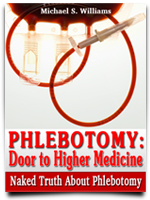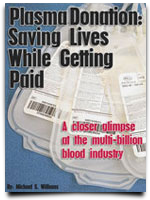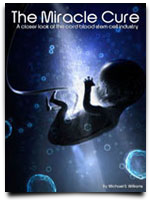Cord blood which was once routinely discarded as medical waste, is now recognized for its life-saving capabilities, ideal for blood transplants because it is rich in self-repairing stem cells. Umbilical cord blood is rich in stem cells, which according to the National Institutes of Health are medically important because they can self-replicate and take on the properties of specialized cells within the human body.
There has been of date no medical evidence or research indicating that a cord blood donation effects pregnancy. In fact there is an Illinois law designed to encourage umbilical cord blood donation. Because stem cells can become various cells, doctors are using them to treat more than 40 types of cancers and diseases that destroy human cells.
The ideal time for women who wish to donate the cord blood is before their 35th week of pregnancy. The cord blood is collected only after the baby has been born and the umbilical cord has been clamped and cut. The cord blood collection is both painless and safe for the pregnant mother as well as for the baby. The Average collection time varies from 3-7 minutes. But unfortunately, due to historically lower volumes collected from multiple births, many facilities to not collect cord blood from twins.
Collecting cord blood poses no health risk to the mother or infant donor. The cord blood is collected after delivery, which would normally be discarded. The cord blood is stored only with the mother’s signed consent. If the mother or the baby experiences any complications during delivery, the doctor will not collect the cord blood.
Trained staff drains the blood from the umbilical cord and placenta. The methods vary somewhat at different hospitals. The blood is usually collected using a needle to draw the blood into a bag.
Donating cord blood is medically safe and doesn’t affect pregnancy. Donating poses no health risks to the pregnant mother or the baby.




